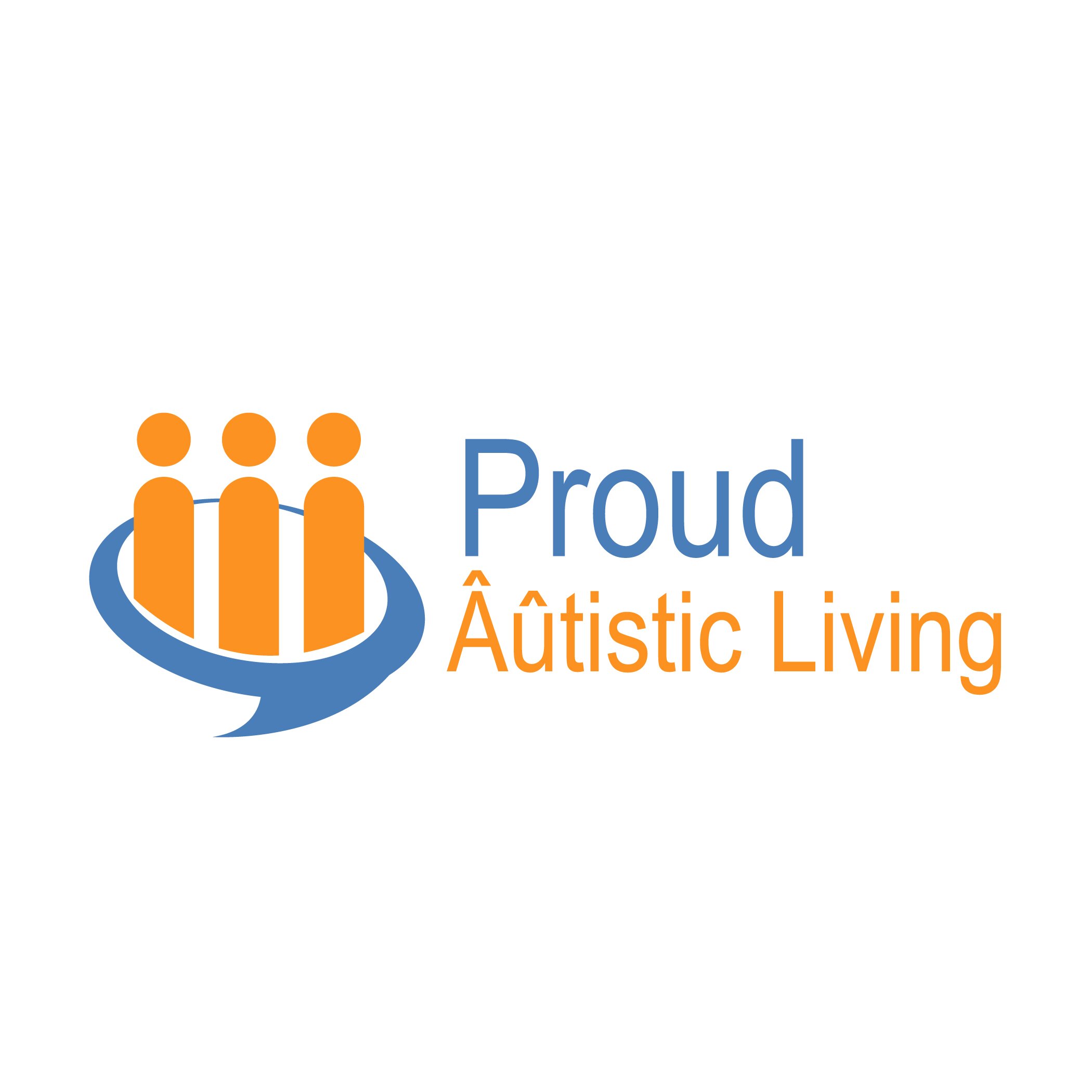The landscape seems to be shifting and changing in terms of understandings and thinkings relating to autism, the spectrum and its history. It is, to borrow a phrase, ‘interesting times’. The last year has seen two new history of autism books released. Neurotribes by Steve Silberman and In a Different Key by John Donvan and Caren Zucker.
 I have not yet read the latter, but the former I thoroughly enjoyed reading. Some of the history Silberman presented I was aware of but a lot of it was new information. Silberman identifies Hans Asperger as the true “discoverer” of autism as against the traditionally acredited Leo Kanner.
I have not yet read the latter, but the former I thoroughly enjoyed reading. Some of the history Silberman presented I was aware of but a lot of it was new information. Silberman identifies Hans Asperger as the true “discoverer” of autism as against the traditionally acredited Leo Kanner.
It is my understanding that Donvan and Zucker place Kanner back in the spotlight over and against Asperger. One thing that is very clear is that Silberman is an advocate for the neurodiversity movement whilst Donvan and Zucker for the parent movement. This is unfortunate. Regardless of whether one is for Kanner or Asperger surely a focus on autistics human rights and self-determination, as they are so integral to the neurodiversity movement should always be argued for and placed paramount in any discussion of autism, what it is, what it means, how it is lived and experienced.
In the wake of these books being published there is a bit of a battle of who was first going on. To my mind concerns over this is largely irrelevant. What is relevant is that both of these men have contributed to our knowledge of autism, its manifestation and its diagnosis. There can easily be arguments for other earlier so-called discoverers anyway. Whoever was the first to describe autism in a psychological or scientific paper is totally beside the point. The reality is that autism has always been a part of the rich fabric of human diversity.
Another issue that has arisen in the wake of these books being published is the claim that Asperger was not the apparent kind and cosiderate clinician but rather a Nazi sympathiser. A historian named Czech has apparently uncovered evidence that supports this, however it is my understanding that this evidence is yet to be released to other scholars, journalists and the wider public. What is unquestionable is that Asperger made comments in speeches that appear to be pro Nazi and there appear to be legitimate questions to be asked of his status in regard to Nazism.
 It’s important we ask these questions, not because it calls into question what Asperger did or did not say about autism, but, rather, because there is a broad understanding that if the world had had his information available that the history of autism may be quite different. That where we are in our understanding now would have been reached at an earlier time. It is important we ask these questions as it does raise the question of Asperger’s seeming focus on so-called high-functioning and highly intelligent children; those so-called “little professors”, what of those that didn’t fit that narrow criteria. There is conjecture that Asperger did indeed see children of across ‘the spectrum’, however there is evidence come to light that he recommended the transfer of a child to a facility that was nothing other than a child extermination factory.
It’s important we ask these questions, not because it calls into question what Asperger did or did not say about autism, but, rather, because there is a broad understanding that if the world had had his information available that the history of autism may be quite different. That where we are in our understanding now would have been reached at an earlier time. It is important we ask these questions as it does raise the question of Asperger’s seeming focus on so-called high-functioning and highly intelligent children; those so-called “little professors”, what of those that didn’t fit that narrow criteria. There is conjecture that Asperger did indeed see children of across ‘the spectrum’, however there is evidence come to light that he recommended the transfer of a child to a facility that was nothing other than a child extermination factory.
If in addition to Asperger’s autism insights he was indeed on board with the Nazi eugenics and racial cleansing agenda then we must question the rightfulness of attributing a condition in his name and certainly question the holding him up as a compassionate and caring clinician.
I believe the answers to these questions are important and I hope they come to light in the near future. I for one am about to embark on the reading of In a different key, even if only on the question of balance, as I am unashamed a proponent of the neurodiversity paradigm regardless of whether Asperger was a Nazi sympathiser or not.




Hey Richard! I appreciate your points, though I would hardly call myself an “apologist” for the neurodiversity movement. No one’s perfect, but in my opinion, they have nothing to apologize for,
Here’s my reasoning why the sidelining of Asperger’s *work* has implications far beyond a “who came first?” priority dispute, as I tried to make clear in NeuroTribes. Thanks for your interest in my work.
http://www.npr.org/sections/health-shots/2016/01/20/463603652/was-dr-asperger-a-nazi-the-question-still-haunts-autism?live=1
Thanks Steve, I meant apologist in it’s form of argument for or supporter of or advocate for. Thanks for the link II have it on my to read list. I will edit though to say advocate for. Thanks for taking the time to read.